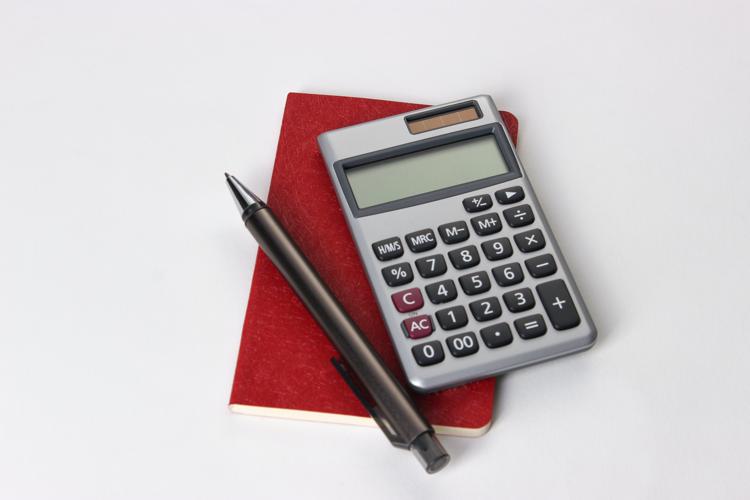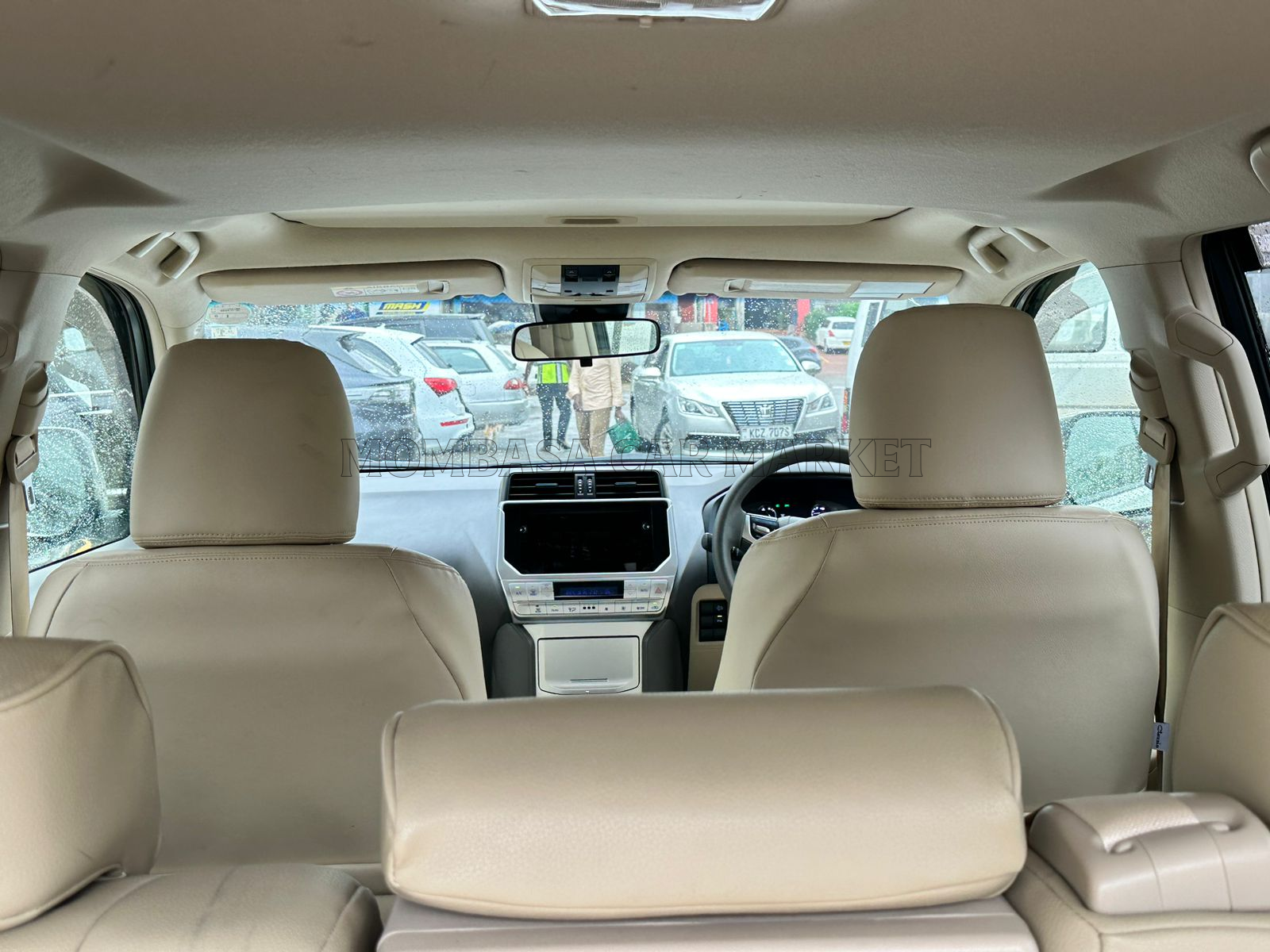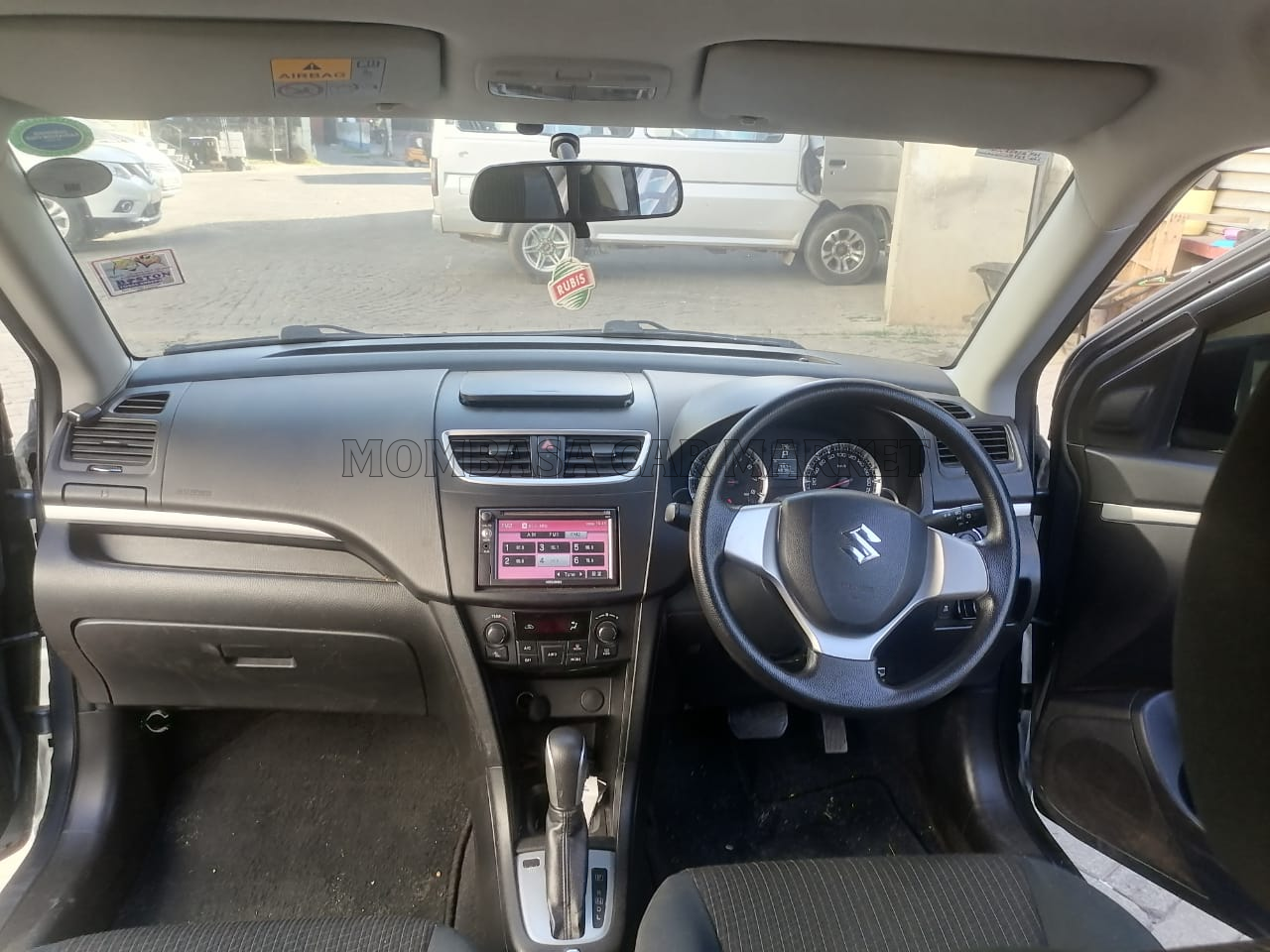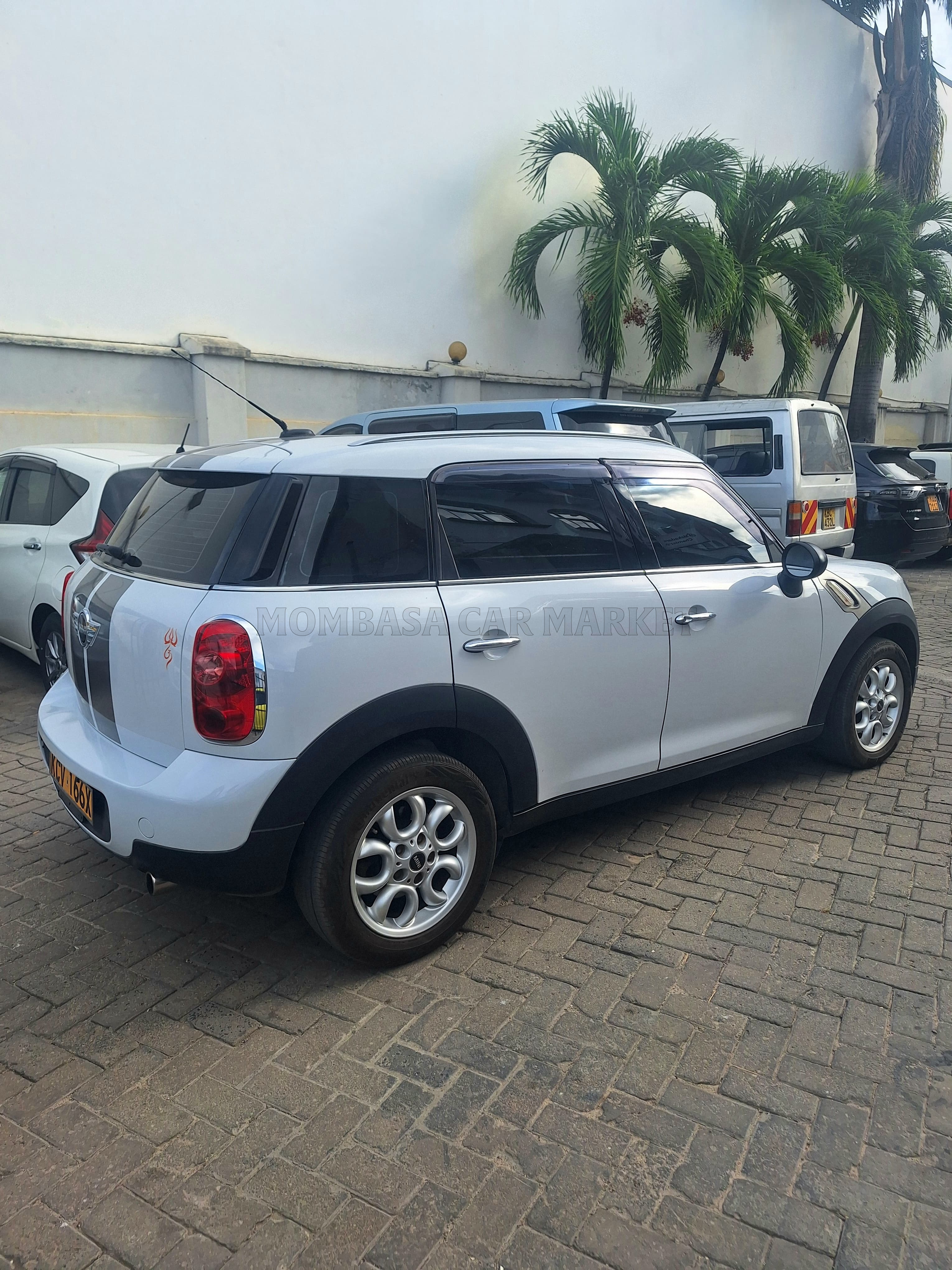
Will the new car tax affect your purchase power?
A 35% import duty increase had already been imposed to all new and second-hand cars, on July 1st 2023, thanks to the East African Community (EAC) approval on an application by Kenya to raise duty on motor vehicles. This is under the Common External Tariff (CET) which previously increased duties to 25%.
This just adds to the burden of pre-existing high costs from a weakened shilling during vehicle import. The shilling is currently at 146.15 against the dollar. Meaning, vehicle dealers are being forced to pass the extra costs to consumers, this is sure to affect vehicle sales as consumers shy away from hefty costs. The current car prices have jumped by about 100,000 to over half a million depending on vehicle type, the excise duty ranges between 20 percent and 35 percent of the customs value and import duty based on the size of the engine.
Pamela Ahago, the acting commissioner for the Customs and Border Control department, instructed the KRA staff to apply a new depreciation rate schedule from September 1, 2023. This directive will see taxes rise by more than 14 percent for vehicles manufactured in 2016; largely imported by dealers currently because of Kenya’s eight-year age limit for used cars.
Lowering the maximum depreciation rate, which the KRA says is in line with other EAC countries, will raise the value applied when calculating import duty. An increase in import duty has a corresponding impact on excise duty and value-added tax as the value is compounded for taxation purposes. Ms Ahago said the enforcement of the new valuation schedule follows an order by President William Ruto during an engagement forum with stakeholders at the Port of Mombasa on July 29 that required the KRA “to harmonise the valuation parameters of used motor vehicle units”.
The worth of a car reduces with time due to natural wear and tear from the time it was manufactured hence reduction of the value for taxation purposes up to a limit of eight years. A 65% depreciation as opposed to the current 70% means there’s going to be an extra five percent of the vehicle's value that is going to be added when calculating the import duty, leading to an upward adjustment in used car prices in Kenya.
The used car dealers, however, supported the move to apply the first year of registration of the vehicle under the new schedule as opposed to the first month of registration previously used by the KRA for taxation purposes. The new schedule ensures importers pay similar duty for vehicles of the same class provided they were manufactured in the same year unlike previously when the duty could vary based on the month the car was assembled.
Motor vehicle dealers and assemblers had earlier raised car prices citing depreciation of the shilling, reduced imports of used units and rising borrowing costs. There was also a reduction in vehicle production globally caused by the pandemic work disruption, global recessions and shortage of semiconductors, which are a critical component in modern vehicles. The increased cost of operation had prompted the dealers and assemblers of new vehicles to adjust prices upwards to recoup the expenses and protect margins even before the duty on finished units was enforced.
In conclusion, the answer is YES, the new taxes will definitely affect your ability to purchase and maintain a vehicle. The good news is that it's just for a season, things will get better as we go. Be sure to contact us to see which vehicle suits your budget in our current economy. We're here to ensure a smooth and painless car purchase process for you. Give us a call today!
Reference:
https://www.businessdailyafrica.com/bd/economy/kra-hits-used-car-imports-with-more-taxes-again--4354438
https://www.the-star.co.ke/business/kenya/2023-09-03-new-car-prices-jump-on-35-import-duty-weak-shilling/


